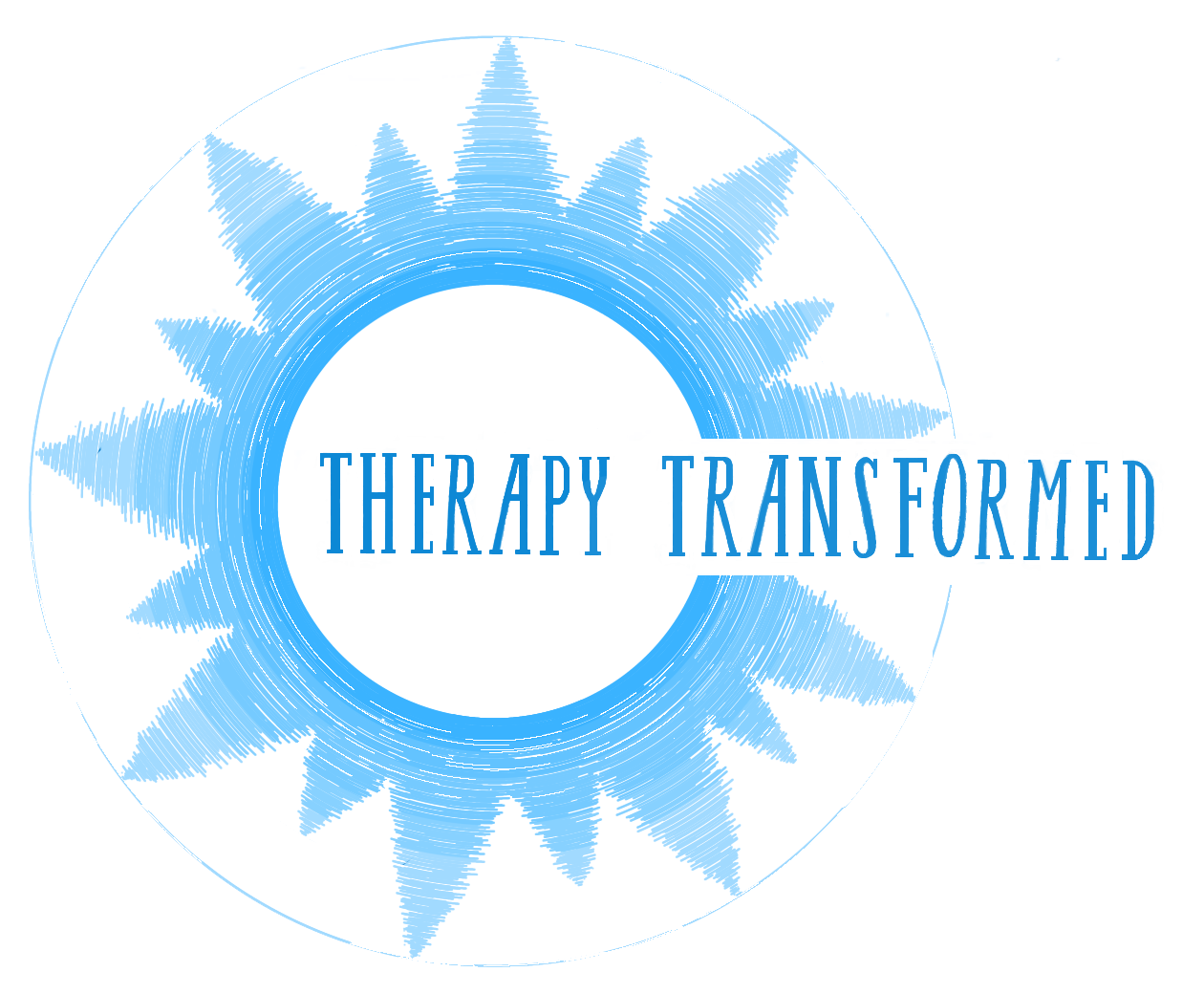Autumn can feel like the unofficial “new year” because it marks the beginning, or return, of school. Whether you’re a parent of school-aged children/teens, or a college student starting the semester, this time of the year can feel pretty overwhelming. Even if you’re used to the cycle there’s always something new — a new school, classes, people, teachers, and stressors.
As mental health providers, we often see an increase in anxiety and depression around this time because of these changes and challenges. Luckily, there are ways to alleviate this and mitigate the effects it may have on our mental health and wellbeing. We’ve taken the time to put together a list of three things you and your family can do to start the new school year off right.
Create a Routine – Adapting to rising demands and unexpected circumstances is difficult for everyone. Oftentimes our emotional and intellectual energy can be quickly depleted from tackling new experiences. This is only amplified if done in a short period of time, like the first week back to school. During this time our bodies and brains are working hard to intake new information and adapt on the fly. Individually we may have a different level of tolerance around how long it takes before we feel depleted, but ultimately we all need a chance to slow down and rest.
Structure, habits, and routine can offer safety and predictability in the face of change. It’s unrealistic to expect we can control or anticipate everything that may come up, but establishing a routine around what we can control will help us preserve our energy for the unexpected challenges. One idea is to create a routine with your mornings and evenings, this way you and/or your family know what to expect outside the school hours. Another might be to create small breaks in the day for a chance to recharge.
In his book Atomic Habits, James Clear lays out a simple, usable guide for creating habits, such as the ones mentioned above. He says, “Success is the product of daily habits — not once-in-a-lifetime transformations.” Small changes to our routines, not lofty goals, is how we make real differences in our lives. If you’re looking for additional resources on this topic check out the book, which we’ve linked here.
Prioritize Sleep – The amount and quality of our sleep is vitally important in every aspect of our lives. Regardless of our age, getting good sleep helps our bodies and brains function at their best. Moreover, many studies have shown a link between sleep and school performance. So, letting yourself or your family get some extra sleep can be a big help. But what more can we do to prioritize sleep?
One of the best ways to improve our “sleep hygiene,” which is the term used for our bedtime habits, is with repetition. For example, sleep researcher Matthew Walker suggests going to bed and waking up at the same time, even on weekends. Predictability and repetition is an important piece of our body’s natural cycle. Sticking to a sleep pattern may be difficult at first, but will become easier over time.
Other factors in sleep hygiene include nighttime routines, such as brushing our teeth, that help signal our brain it’s time for bed. It is also recommended that if you’re having trouble falling asleep that you actually get out of bed and do something else. This helps keep the association between the bed and actual sleep intact. Matthew Walker has great resources on this topic, which we highly encourage you to look into for more help on prioritizing sleep. See his TED Talk video below and his book titled Why We Sleep.
Sleep is your superpower | Matt Walker
See your Therapist – Similar to having a check-up with your medical provider, meeting with your therapist can help start the school year off on the right foot. They can help you practice healthy coping skills and provide positive support with your habits. Most importantly though, therapy can be a safe space for you to openly explore your thoughts and feelings. Here at Therapy Transformed, we prioritize creating this kind of environment and relationship with our clients. We want to help you embrace brave change from within. Reach out to get started with us!
In conclusion, it’s the small things that help the most, including preventative care with our mental health. Of course, it’s important to remember that stress and challenges are part of life no matter what. Even when we have healthy routines, habits, sleep, etc. we will still encounter hard days and stressful times. When we practice accepting the inevitable ebb and flow of life we might find it easier to weather the storms, and embrace the calm too.

